A version of this article, written by Article18’s director, Mansour Borji, first appeared on the website of The Tablet, under the headline, ‘The people of Iran have spoken – they want this regime gone’.
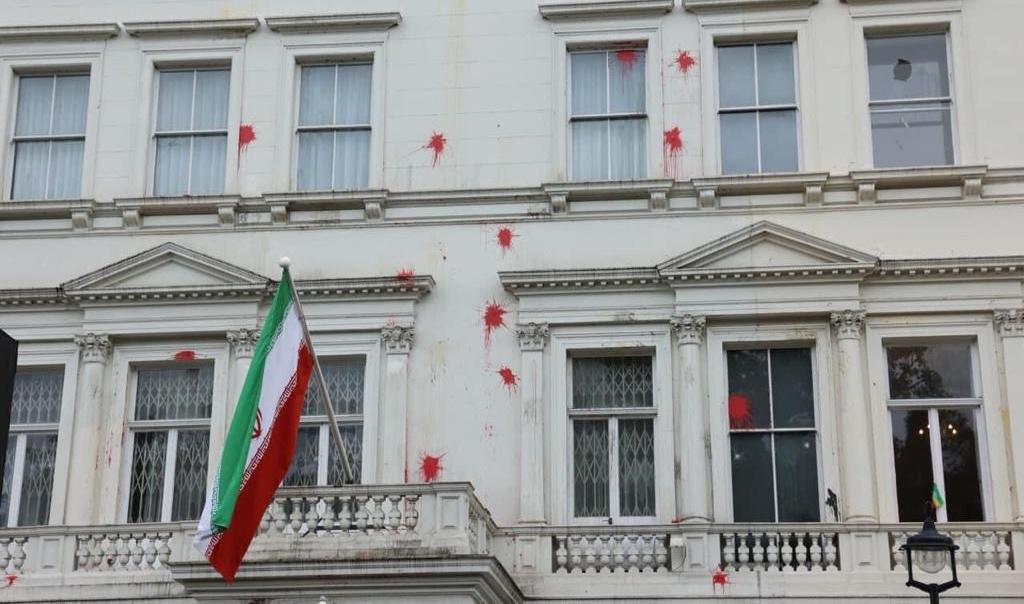
It began with our teenage daughter’s invitation to join her at a protest organised in response to the death in custody of Mahsa Amini, a 22-year-old women who had been detained by Iran’s so called “Morality Police” for allegedly wearing her headscarf too loosely.
The night before the protest, our younger daughter, who is nine, asked if we could make our own posters, so we paid a visit to the local shop and got all she needed.
As I was helping her to creatively put her own ideas onto the board, I asked what she was going to protest against.
To my amazement she described her understanding of the situation, why it made her upset, and what gave her hope for change.
I felt proud of her, not only for understanding the issue but also for not surrendering to defeatism.
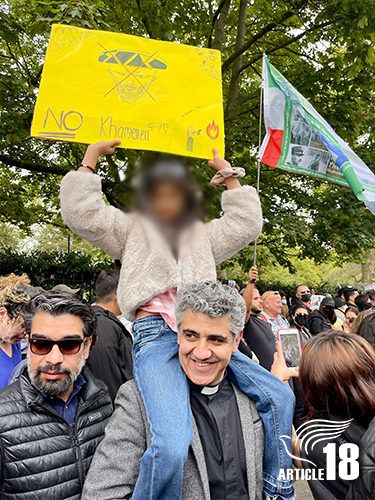
First lesson learnt: Children are more insightful than we give them credit for. Give them a perspective to see life from, and they will probably make wiser decisions than you did!
Two Sundays ago, after church, we as a family joined hundreds of other protesters in front of the Iranian Embassy in London. Flags, banners, posters and painted faces were everywhere. Anti-riot police had cordoned off the embassy and did their best to maintain order and protect the building, as well as the protesters.
It was so refreshing to see a lot of church members, as well as church leaders, among the protesters.
We were there because we were outraged at the unending and increasingly unbearable injustices committed by Iran’s rulers, and felt we had to do something about it.
After prayer and reflection, social-media posts and hashtags, issuing statements and signing petitions, taking part in this demonstration was the next expression of our moral outrage.
Second lesson learnt: As Rev John Stott, who in 2005 was listed among Time Magazine’s “100 Most Influential People”, once said: “What is outrageous is the absence of outrage. How can we tolerate what God finds intolerable?” True Christian spirituality covers all of reality.
After a couple of hours, we moved with the crowd through London’s Hyde Park towards the office of the representative of Iran’s Supreme Leader.
People watched the marching crowd from double-decker buses, inside their cars and outside the restaurants and pubs.
Some looked confused, others noticeably annoyed, but most seemed to admire us as they listened to the chants of “Freedom for Iran” and “Down with the dictator”.
But it wasn’t all peaceful, and we weren’t smiling the entire time – especially when a large group of radical Islamists attacked us near Hyde Park’s Speakers’ Corner.
As stones, tree branches, water bottles and even a crutch were thrown towards us over the police lines, clashes seemed inevitable.
My wife and I were glad our daughters were not with us at that moment, and were safely inside a car on their way to meet us at the final protest location.
A few moments later, when the violence had subsided, I thought of those parents in Iran having to choose whether to allow their children to face Iran’s brutal security forces as they demand the return of their stolen freedoms.
There, the police do not protect peaceful protesters but use live ammunition and fatal force to protect the corrupt system that has ruled Iran for nearly 44 years.
Third lesson learnt: You can only truly “remember those who are in prison” or under oppression, as we are called to do in the Bible, if you begin to feel as though you yourself were bound and suffering with them.
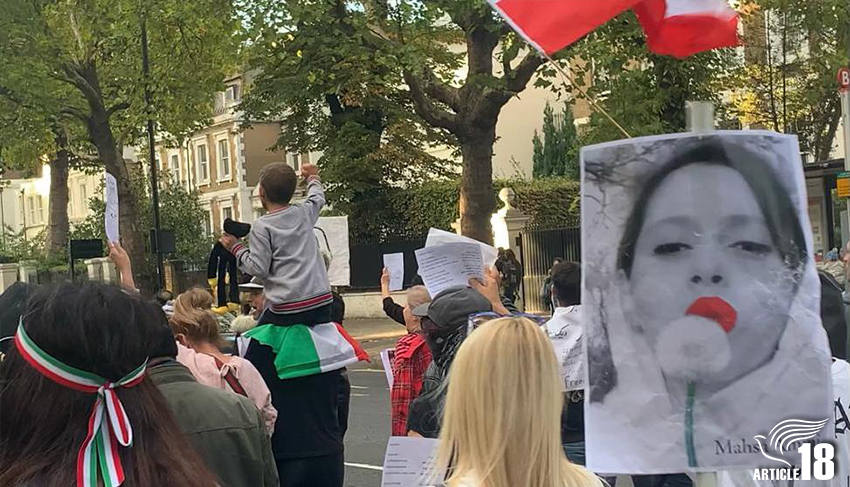
As we made our way through the beautiful streets of London, I saw a young child, perhaps eight years old, on his mother’s shoulders, holding a teddy bear in one hand and punching the air with the other, shouting with other protesters at the top of his voice: “Say her name, say her name: Mahsa Amini!”
As we approached The Islamic Centre of England, which acts as the UK office of Iran’s Supreme Leader, I remembered that just last year they had applied for, and been granted, more than £100,000 of British taxpayers’ money under the Covid-19 furlough scheme!
This same centre held a candlelit vigil in 2020 to mourn the death of Qasem Soleimani, the commander of the IRGC (designated a terrorist force by the US), after his killing by a US air strike.
The huge pay-off they received seems even more preposterous when you know that the Supreme Leader, according to Reuters, controlled a financial empire worth an estimated $95 billion in 2013. By 2019, his wealth was estimated at $200 billion!
And here is the painful truth: around the same time that they received this generous grant from British taxpayers’ pockets, Iranian Christians, who are imprisoned for worshipping in private homes, were asking for their legally guaranteed right to be given a #Place2Worship, a simple demand that has still not been granted.
Fourth lesson learnt: As we remember the victims of violence and injustice, we need to realise that Iranian mullahs are not the only culprits in this.
We need to direct our outrage at everything and anything that feeds and sustains this evil.
We need to keep Western politicians accountable for decades of flirtations with the Ayatollahs, and their contribution to the making of this monster regime.
We should ask them to abandon their shortsighted foreign policies towards Iran, which is currently focused on throwing Tehran yet another lifeline by offering them a fresh nuclear deal.
This may be a quick, albeit temporary, fix for the world’s energy crisis, and help win the next elections, but meanwhile the Ayatollahs’ regime will continue to brutalise its own people, while also posing a threat to rest of the world.
The people of Iran have spoken. They want this regime gone. They want what this regime is inherently unable to offer them – starting from women’s rights and ending with life itself, and the true freedom that every soul is created for.

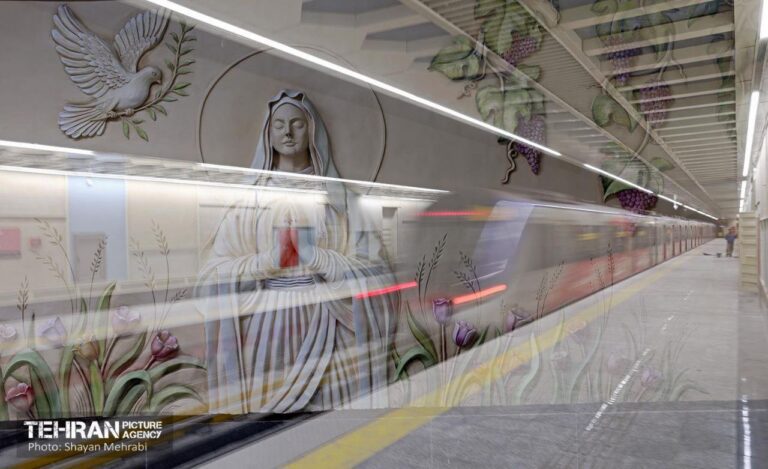
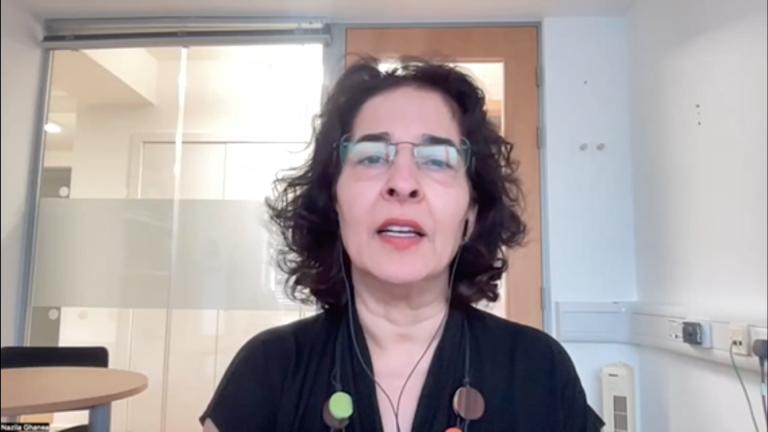
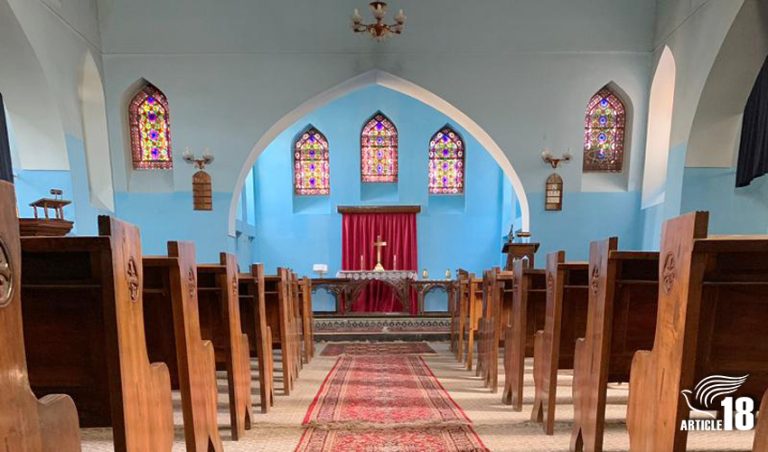
0 Comments
Trackbacks/Pingbacks